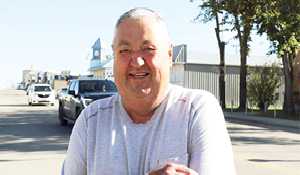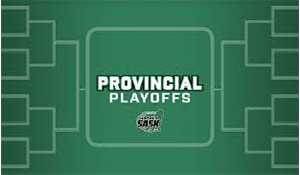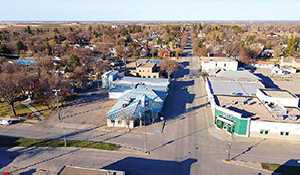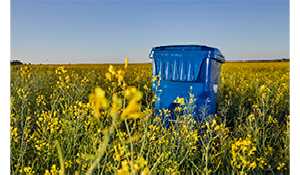Questions abound in marijuana legalization
September 25, 2017, 4:21 pm

Canada is nine months away from fully legalizing marijuana as police agencies and provinces ask for more time on impaired driving and other enforcement issues. But, in Justin Trudeau’s world taking time is not part of the equation.
A read of the Liberal government’s background documents on cannabis is instructive.
Mantra-like, it repeats at every opportunity that Canadian youth—who have among the highest rates of marijuana use in the world—are going to be protected and prevented from smoking dope because legalization will result in stringent regulation, prohibition for kids and a steady diet of educational and awareness campaigns.
It’s debatable how well youth will be discouraged from doing something when it’s fully legal for everyone else. If alcohol is any example, don’t bet on teen marijuana rates falling anytime soon.
The other theme is that legal adult possession of cannabis will prevent profits from illicit pot sales “going into the pockets of criminal organizations and street gangs.”
The Trudeau government reiterates that “not later than July 1, 2018” adults living in Canada will be able to:
Buy fresh or dried cannabis, cannabis oil, plants and seeds for home cultivation from government-regulated retailers or, where not available, directly from federally licensed producers on-line;
Publicly possess up to 30 grams of dried legal cannabis;
Share up to 30 grams of legal cannabis and cannabis products with other adults;
Cultivate up to four plants (not exceeding a height of one metre) per household; and
Prepare varying types of cannabis products (e.g., edibles) at home for personal use, yet edibles are still to be regulated.
As part of regulating growers and manufacturers of cannabis, the federal government also promises to set potency limits and standard serving sizes as well as “tracking cannabis from seed to sale in order to prevent diversion to the illicit market”.
So, who is actually going to benefit from all of this? Most people don’t smoke weed so it won’t mean much.
In 2012, Statistics Canada estimated that 3.5 million Canadians had used marijuana during the past year. One unscientific survey estimates an additional 900,000 people might try weed once it is legalized.
One area that is less clear but full of anecdotal observations is the recent explosion of so-called medicinal marijuana use. Health Canada notes a tripling in the past year of registered medical marijuana users, now numbering over 130,000.
Given the plethora of ailments claiming relief from cannabis and how easy it is to become a registered user, it’s difficult not to believe that some of the use is recreational and was done because of mail order access and the ease of home cultivation.
While the federal government will establish and enforce cannabis standards, provincial governments will control many of the local retailing rules.
And, of course, at all levels governments are going to tax cannabis.
Look at today’s regular marijuana user. They know it is illegal and have a reliable supply, at an affordable price, with strains and varietals they prefer.
From taste profiles to potency, they like their Bubba Kush, Sweet Skunk or Rock Star. What happens when government steps in, dilutes potency and taxes marijuana past its market price?
All today’s user has to do, after legalization, is keep the supply chain of their unlicensed illicit product and once it’s in their hands who’s to know where it came from. It’s unlikely the law will require bills of sale for everyone’s 30 grams.
Better yet, get seeds from non-government regulated weed, grow it at home and at your friends’ homes. And share it. Will plant DNA testing be next in the policing repertoire?
These challenges in the practicality of cannabis laws may also explain why the federal government harps on the illegality of anyone selling or supplying to underage kids, yet children aged 12 to 17 will be permitted to possess up to five grams before any charges can be laid.
The tangled web the Trudeau government is weaving deserves a closer look and more time.




































